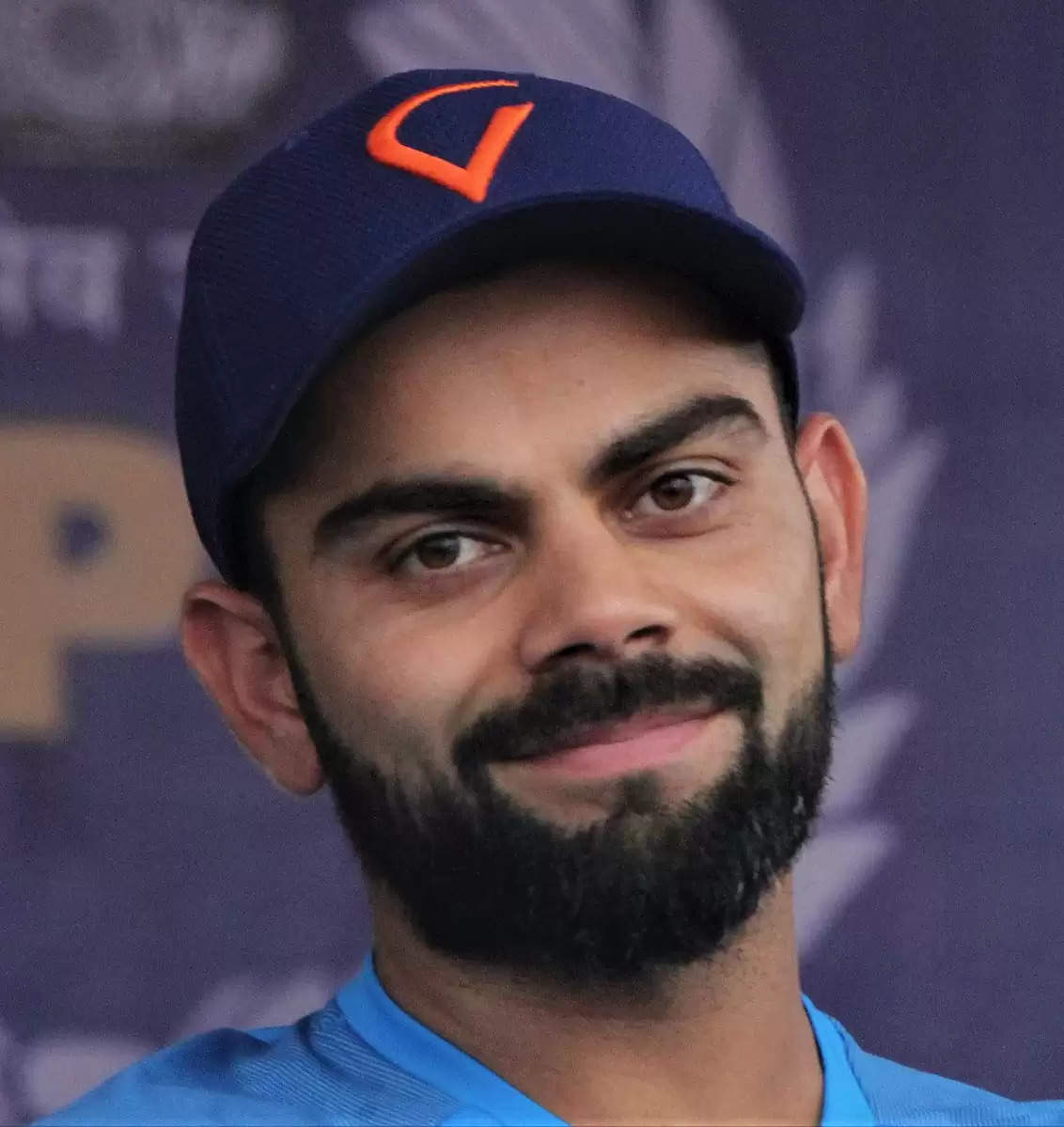Virat Kohli's Fitness Food Mantra

In the demanding world of professional sports, athletes must adopt rigorous lifestyles to maintain peak performance. Virat Kohli, renowned for his outstanding cricketing prowess and unyielding commitment to fitness, exemplifies this discipline.
As a key player for the Royal Challengers Bangalore in the IPL, Kohli's record-breaking performances, including those in the 2023 World Cup, highlight his dedication to training and diet.
His dietary choices, evolving over the years, have become a source of inspiration for many aspiring to lead healthier lives.
The Journey to Nutritional Balance
Kohli’s approach to fitness is holistic, focusing on the intricate balance of diet and exercise. His fitness journey involves figuring out various nutritional elements such as vitamins, extra hydration, and protein until finding the right balance. The primary challenge he faced was managing food preferences while maintaining discipline.
Despite this, he found that consistency in his diet was key to his fitness success, even if it meant eating the same meals repeatedly without issue.
Turning Point: Embracing Vegetarianism
In 2018, Kohli faced significant health issues during a tour in South Africa, including severe acidity, elevated uric acid levels, and calcium depletion from his bones. This prompted a major dietary shift: he eliminated meat and embraced vegetarianism. His diet now focuses on vegetables, quinoa, and spinach, with meals prepared simply—boiled or steamed, seasoned with just pepper, salt, and lemon juice.
Kohli's preference for simplicity extends to his avoidance of elaborate flavors, favoring plain, nutritious foods that support his athletic performance.
Daily Dietary Routine
Breakfast: Nut Butter and Green Tea
Kohli’s breakfast is straightforward yet nutritious. He enjoys nut butter on gluten-free bread, a meal rich in healthy fats and protein. Throughout the day, he consumes 3-4 cups of green tea with lemon, a beverage known for its antioxidant properties and metabolism-boosting effects.
Lunch: Vegetable Soup and Grilled Greens
For lunch, Kohli opts for a light yet nutrient-dense meal. His typical lunch includes vegetable soup and broth, along with plenty of grilled vegetables such as beetroot and spinach. This combination provides essential vitamins and minerals, supporting his energy needs and muscle recovery.
Dinner: Consistent and Nutritious
Dinner mirrors lunch in its composition—grilled vegetables and a portion of soup. This consistency ensures a balanced intake of nutrients without overloading the digestive system, crucial for an athlete who needs to recover quickly and maintain high energy levels.
Avoiding Unnecessary Additives
Kohli’s diet is notably free from fried foods, curries, and heavily spiced dishes. Since adopting a vegetarian lifestyle, he has significantly reduced his dairy intake and incorporated more soy-based dishes and tofu for protein variety.
Additionally, he has eliminated sugar entirely, a move that aligns with his goal of maintaining optimal health and fitness.
A Simple, Effective Philosophy
Kohli’s dietary philosophy is simple but effective: about 90 percent of his food is steamed or boiled with minimal seasoning—just salt, pepper, and lime. He is not particularly concerned with the taste of food, focusing instead on its nutritional value. His preference for basic, wholesome foods underscores a broader principle of prioritizing health and performance over fleeting pleasures of taste.
By adhering to this disciplined approach, Virat Kohli continues to set an example both on and off the field, demonstrating that success in sports is built on a foundation of mindful eating and unwavering commitment to fitness.
Image credit: Anand Anil, CC BY-SA 4.0
Medical Disclaimer: The information and reference materials contained here are intended solely for the general information of the reader. Patients and consumers should review the information carefully with their professional health care provider. The information is not intended to replace medical advice offered by physicians. You should consult your physician before beginning a new diet, nutritional or fitness program. The publisher or its management do not claim responsibility of this information.
.jpg)
